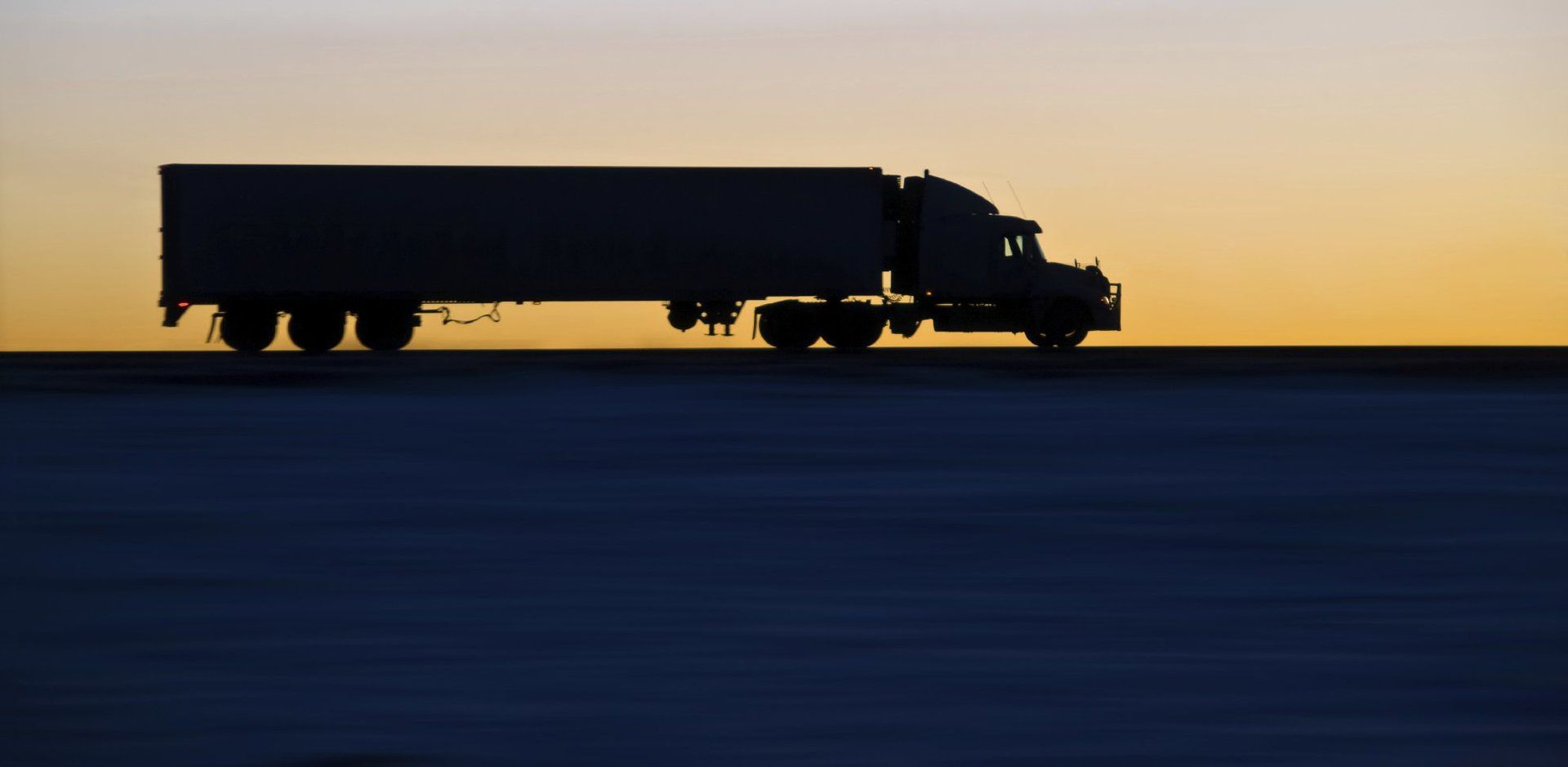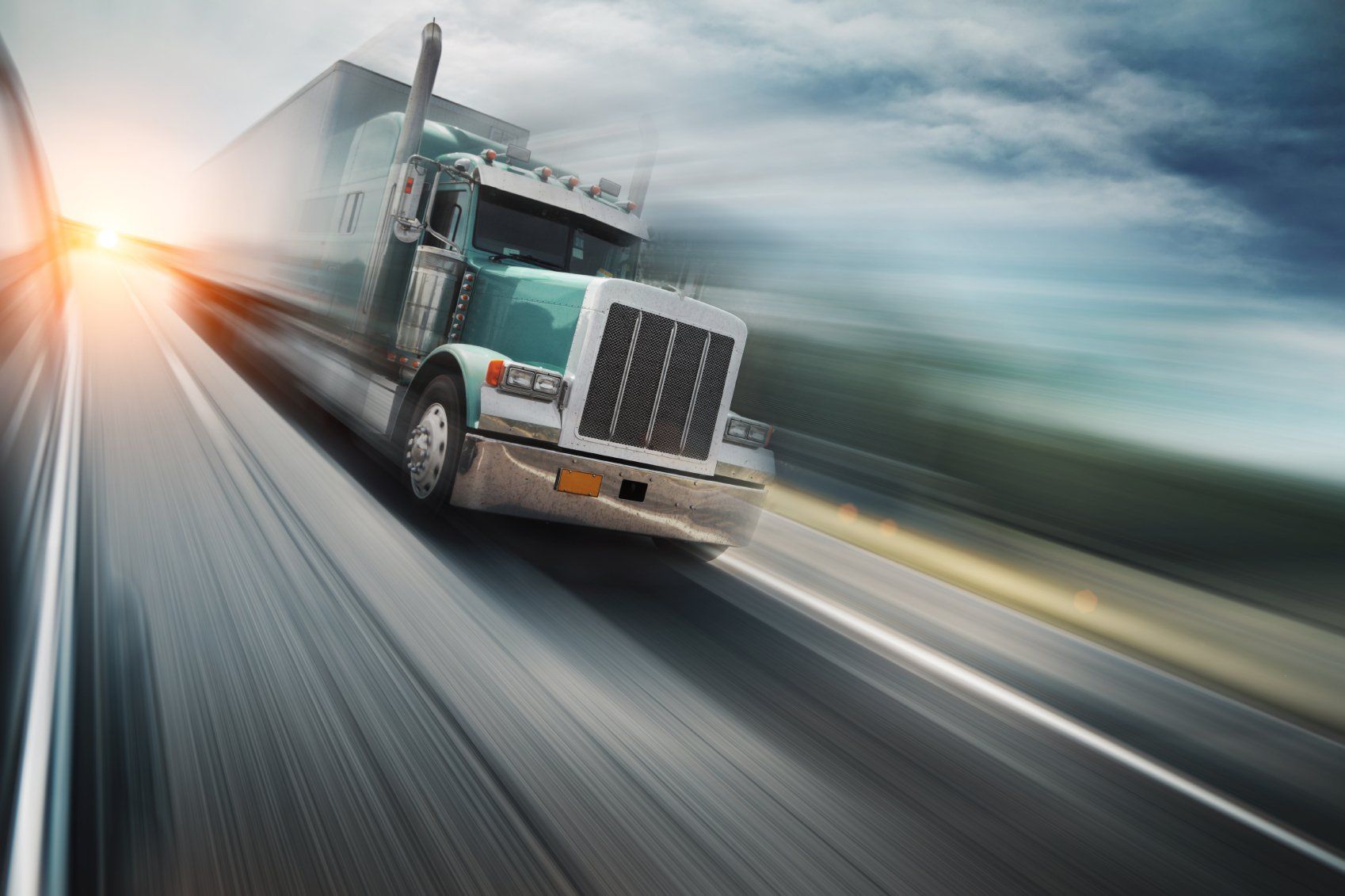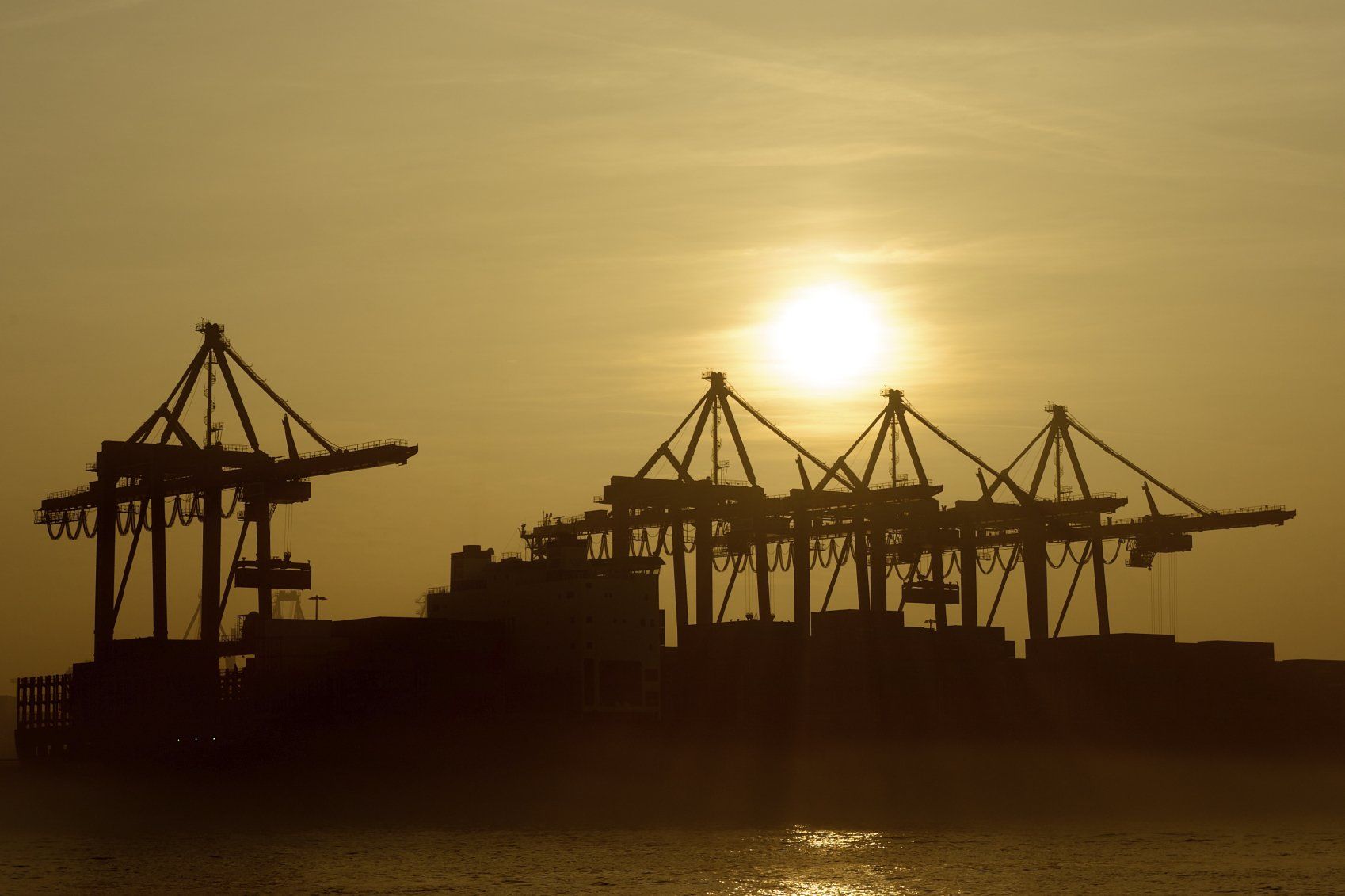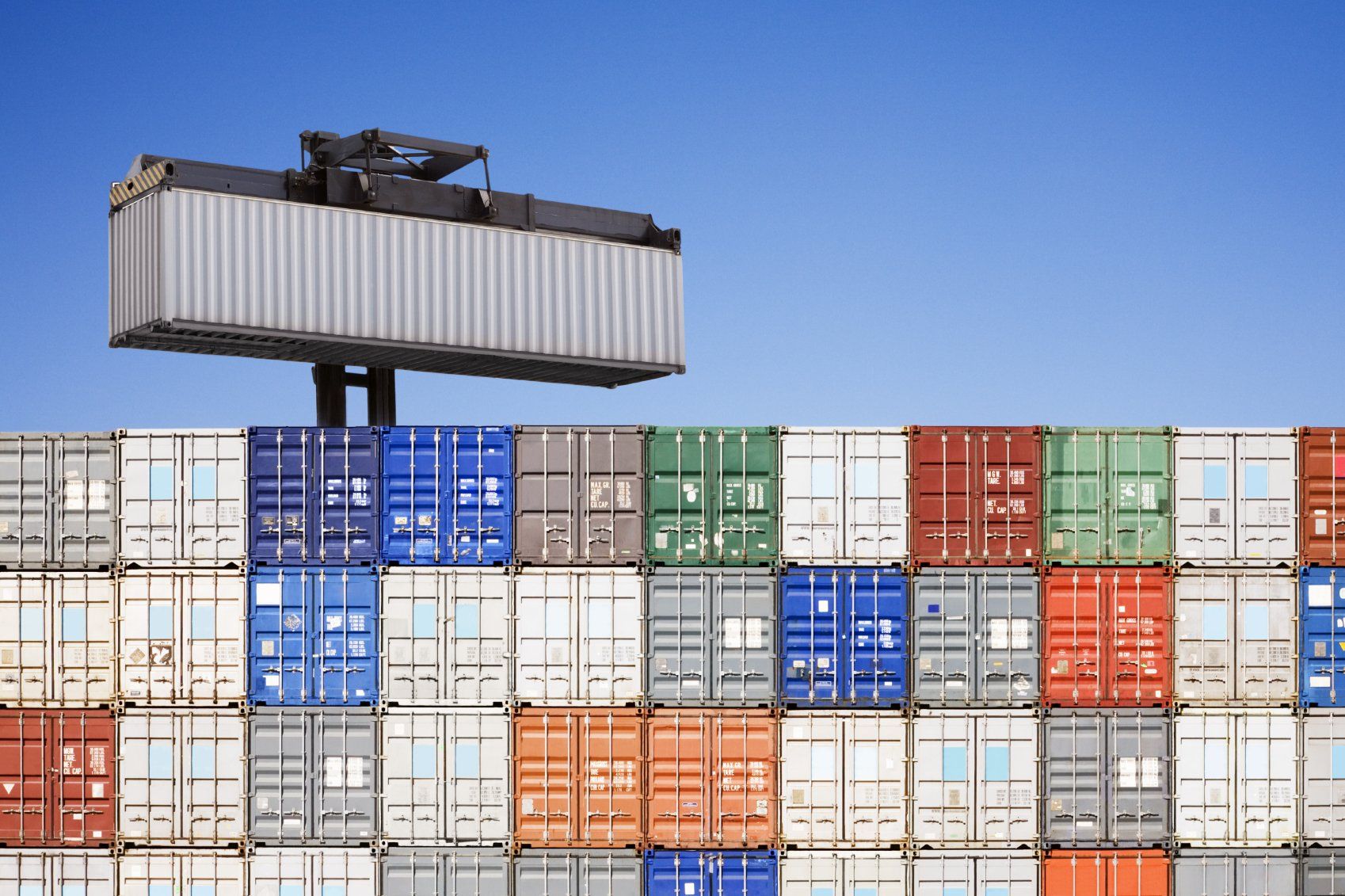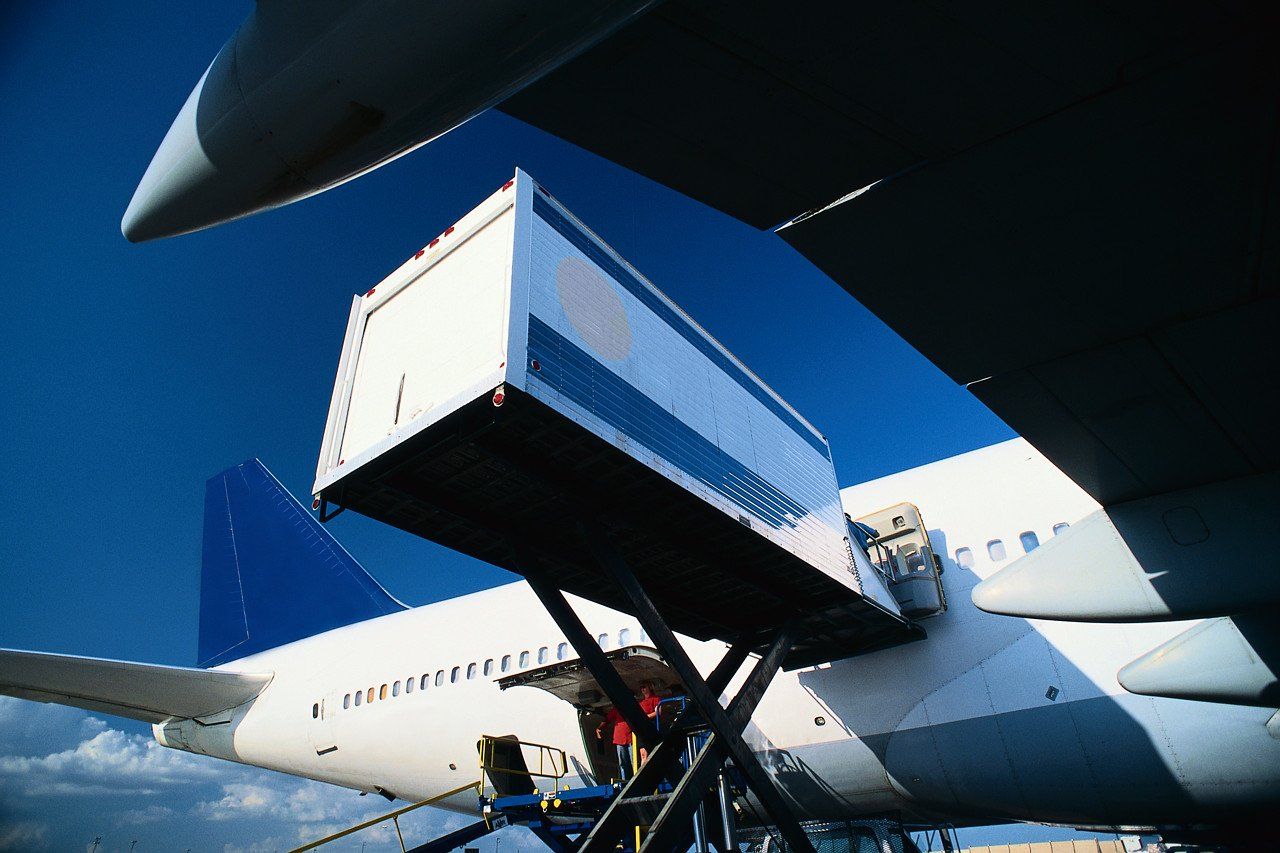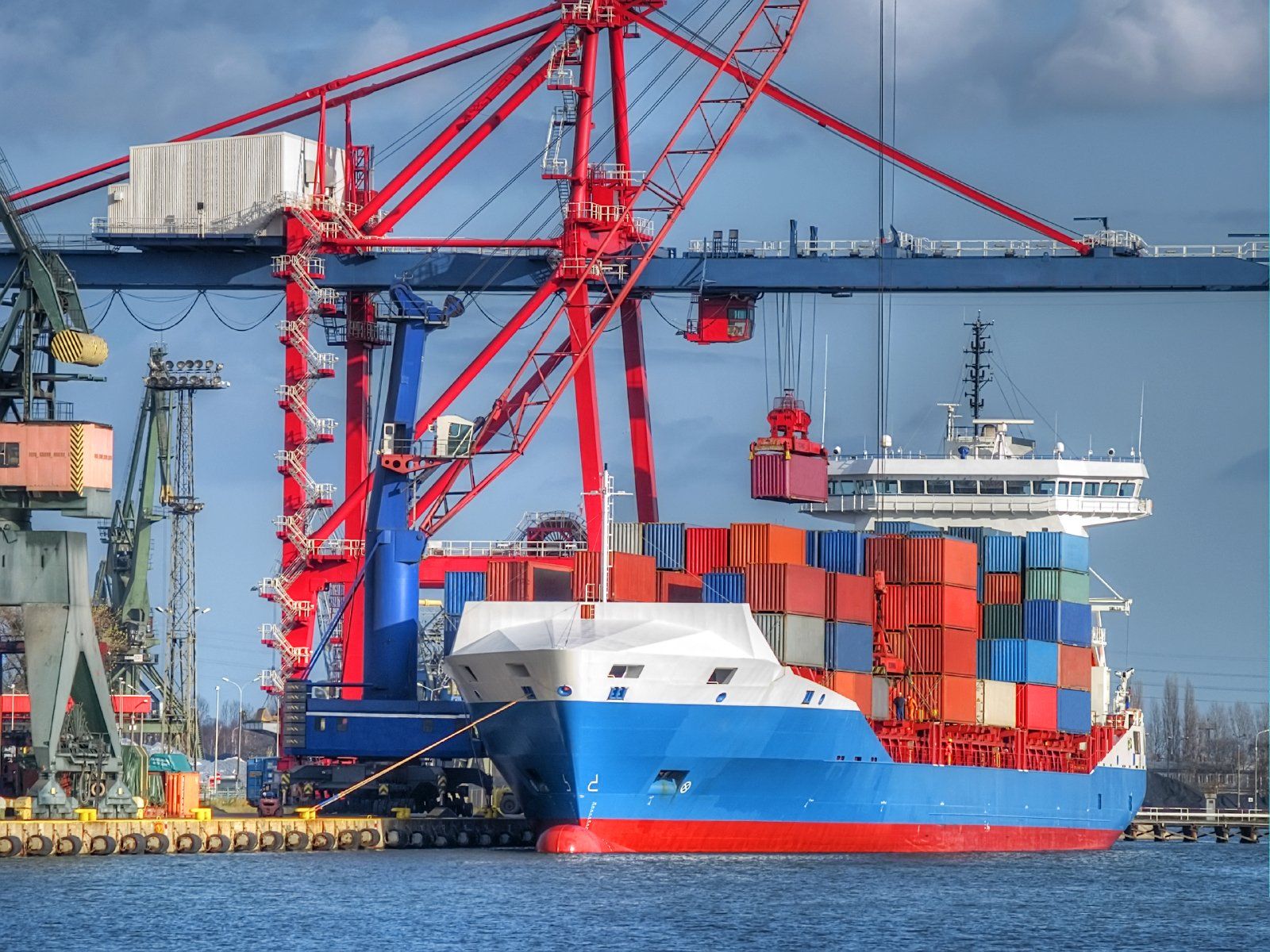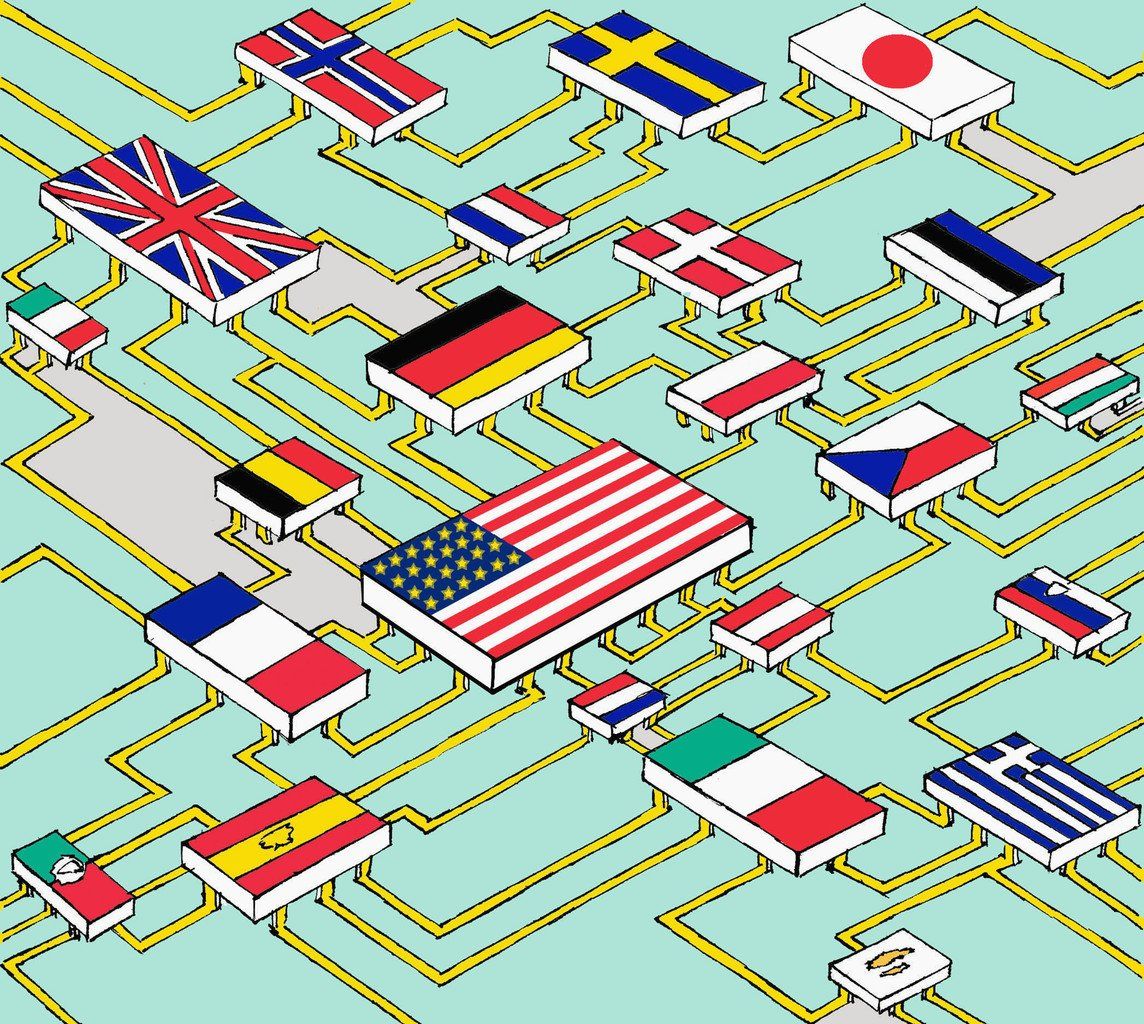What is the future of Freight Forwarding?
Digital freight forwarders: the future of logistics?
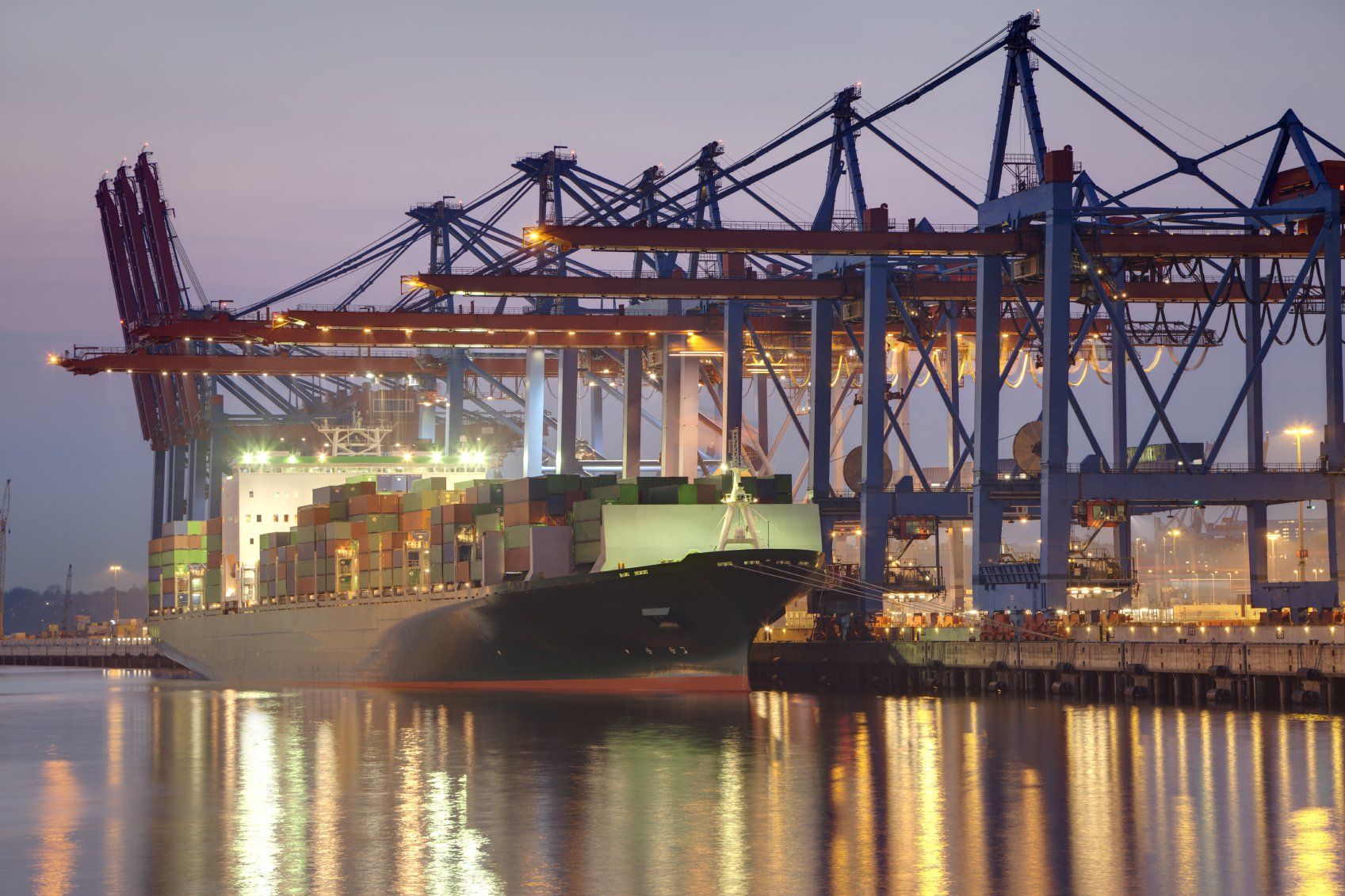
As players in the logistics industry look towards digitalization in order to improve the efficiency of their operations, on the other side of the spectrum, there are players that aim to make life easier for those who are looking for logistics solutions. These are so-called digital freight forwarders, which utilize their own developed platform to connect shippers and carriers at a moment’s notice, facilitating the relationship between a carrier and a shipper momentarily.
These freight forwarders offer their customers the ability to get a solution provider not by the brand name, as in the company, but the trucks that are available on the platform. Connecting a customer and a truck directly removes the middle man, making the process of booking a full truck load (FTL) delivery, in theory, much easier.
The platforms have gathered quite the attention and managed to successfully raise funds in order to expand, whether that would be to improve their services or to grow their networks of trucks via Mergers and Acquisitions (M&A). The digital and asset-light companies seemingly have unprecedented flexibility on the kind of offer they could provide to their customers, as a wide-reaching network of trucks can connect customers with potential logistics providers seamlessly.
No doubt such digital companies are pushing the boundaries of what was previously established in the logistics industry. However, what they are also pushing is for traditional logistics companies to become more digital, as they aim to ease the process of selling capacity to their customers in order to be able to compete against the rising threat of digital forwarders.
The rise of digital freight forwarders
While digital freight forwarders have come onto the scene relatively recently, the concept of a service that directly connects a service provider, such as a person who wants to rent out an apartment, and a user that is looking for temporary accommodation, is nothing new. Such companies, whether it would be Airbnb or Uber, have successfully established themselves in their respective sectors and have amassed huge investor attention on the public markets.
The story was not much different once digital freight forwarders entered the logistics industry and began competing against traditional logistics providers. Uber also expanded into the logistics industry, not only in the United States but also in Canada and Europe with its Uber Freight venture, kicking the digital freight forwarder movement into what seemed like an overdrive.
Over the course of the past few years, investment volume in start-ups in logistics, including digital freight forwarders, has boomed. McKinsey & Company pointed out that between 2014 and 2019, funding in logistics startups has grown by a 76% Compound Annual Growth Rate (CAGR). Furthermore, out of all the business models, including last-mile delivery, warehousing, or air and ocean transportation, road freight marketplaces had the second-most funding with around $6 billion of total funds invested between 2014 and the end of 2019.
In a very fragmented European road freight market, where the largest companies have little market share due to the sheer amount of small to medium-size enterprises that operate throughout the continent, digital freight forwarders can disrupt the market by uniting the smaller players with a broad network of trucks. According to Eurostat data, at the end of 2017, there were 571,795 road transport companies registered in the European Union (EU), showcasing just how fragmented the market is.
However, European start-ups had little attention from investors compared to other regions. The funds these start-ups attracted stood at only 5% of the total start-up funding between 2014 and 2019, according to McKinsey, highlighting the discrepancy between the regions and the different levels of interest of investors in certain markets.
Nevertheless, one of the key advantages that the forwarders have is that they are not limited by having a heavy-loaded balance sheet of assets, in this case – trucks and trailers. At the same time, outsourcing the main component of the road freight transport process, namely road transportation, comes with associated risks. With a wide variety of trucks, which belong to numerous operators, the consistency of the service level that a customer might receive can fluctuate wildly.
In addition to fluctuation, issues of reliability of a provider have to be reduced to a minimum, which requires additional investment from the digital freight forwarders. Ensuring an equal, or at least a relatively close level of service between different providers is crucial in order for customers to remain satisfied with the solution. Meanwhile, asset-based providers have control over their road transport process and can pinpoint the reasons behind delays, for example, much easier. Being proactive is less difficult as the data of your performance is provided by a first-hand source, rather than a secondary source.



















